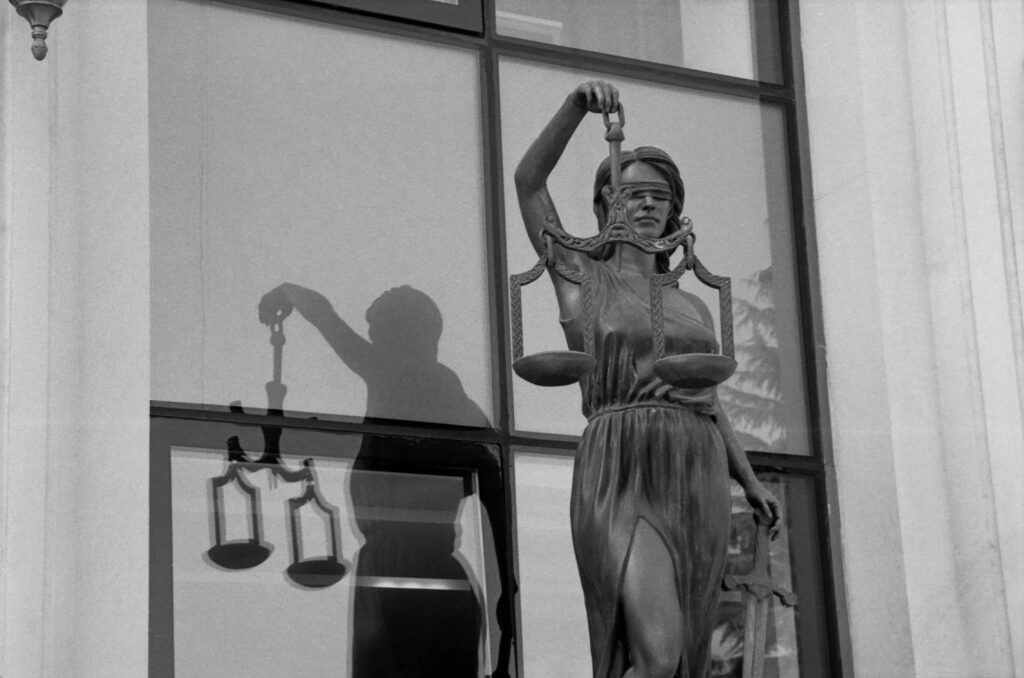When selling property as a fiduciary—whether in a probate, trust, or conservatorship case—every choice must balance maximizing value with protecting against risk. One of the most important decisions you’ll make is whether to proceed with a traditional sale or a non-contingent sale.
While traditional sales allow buyers certain rights to back out, non-contingent sales remove those contingencies, creating a more secure position for the seller—if executed with precision.

What Is a Non-Contingent Sale?
In a standard sale, buyers have contingencies—inspection results, appraisal values, loan approvals, or document reviews—that give them the right to cancel without losing their deposit.
In a non-contingent sale, these safety nets are removed. The buyer commits upfront, and their deposit is generally non-refundable once accepted. This approach can streamline the process, reduce uncertainty, and protect fiduciaries from post-offer renegotiations.
Who Qualifies as an Exempt Seller
Some sellers fall into the category of exempt sellers, which can simplify the disclosure process. Common exempt sellers include:
- Trust sales
- Probate sales, including conservatorships
- Foreclosures and bank-owned properties
- New home sales by builders
- Transfers between co-owners or family members
Even if you’re not exempt, a non-contingent sale is still possible—provided you take steps to prepare the property and paperwork in advance.
The Power of Preparation
The success of a non-contingent sale depends on the work completed before the property goes on the market:
- Disclosures – Provide all known material facts upfront.
- Documentation – Have all contracts, reports, and relevant forms ready for buyer review.
- Pre-Market Due Diligence – Allow every prospective buyer to inspect the property before making an offer.
This approach ensures that buyers submit offers with full knowledge of the property’s condition, eliminating surprises and reducing disputes during escrow.
Avoiding Predatory Buyer Tactics
A well-prepared non-contingent sale also safeguards against two common risks:
- Re-traders – Buyers who make high offers only to demand large credits or price cuts after inspections.
- Wholesalers – Buyers who lock in a property at one price, then resell the contract for a profit without the seller’s knowledge.
By ensuring inspections and due diligence occur upfront, these tactics become far less effective—protecting your fiduciary role and the property’s value.
From Offer to Closing
Once the property is fully marketed and exposed to the widest possible buyer pool, offers are reviewed, and, if necessary, counteroffers are made to create fair competition. From there, escrow or court confirmation proceeds with fewer hurdles, since most challenges have already been addressed.

Key Takeaways for Fiduciary Non-Contingent Sales
- Decide between a traditional and non-contingent sale based on property type, condition, and market conditions.
- Complete all disclosures and document preparation before listing.
- Allow all potential buyers to perform inspections and research before submitting offers.
- Protect against re-traders and wholesalers who can erode property value.
- Ensure all decisions can be justified to beneficiaries or the court.
I am Matias Baker Masucci, your trusted Los Angeles realtor. Thank you for reading, and I look forward to helping you with all your real estate needs in Beverly Hills.









